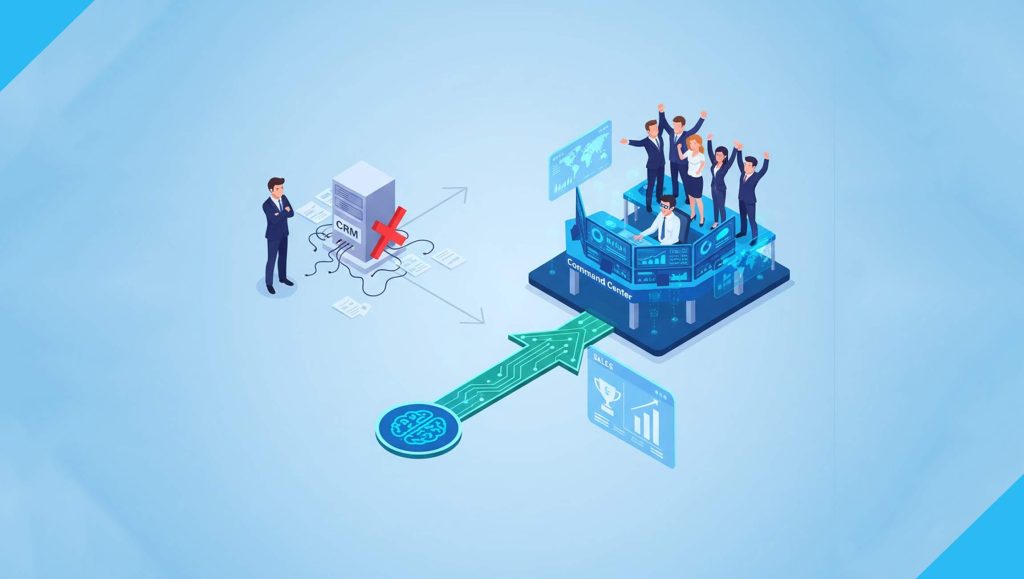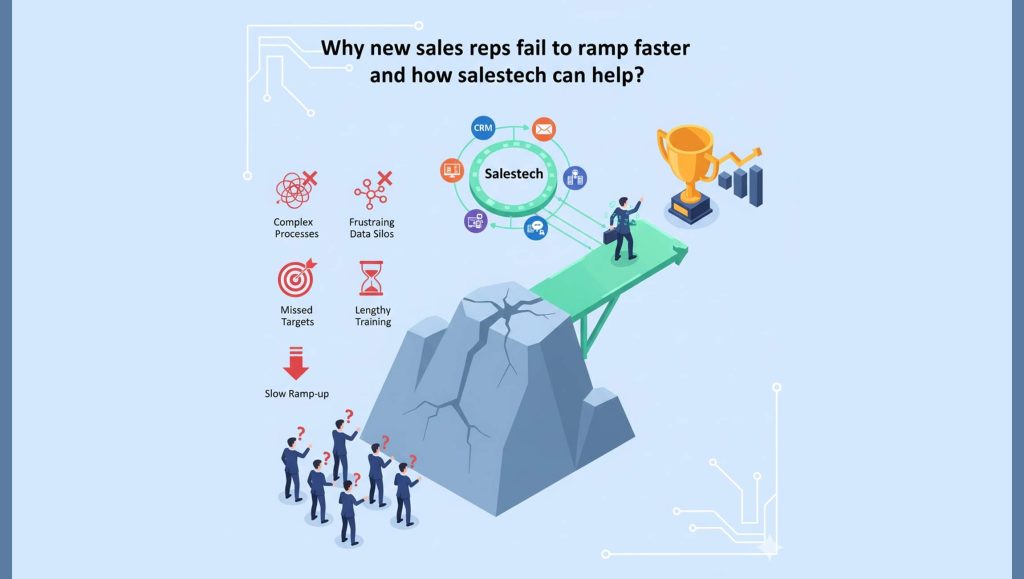35% of retail SMBs say they can recover over half of the cost of a returned product, according to a Software Advice survey
Small and midsize retail businesses (SMBs) are facing a perfect storm of rising product return rates, coupled with growing consumer expectations for eco-friendly practices. A sustainable returns process is critical for recouping costs and customers. Software Advice’s 2023 Retail Returns and Sustainability Strategies Survey reveals that 93% of SMB retailers prioritize sustainability when managing customer returns, and 58% say inventory cost optimization is a benefit of their current returns process.
“This strategy is expected to continue growing in popularity as more third-party recycling centers open up.”
SMBs have focused on a variety of tactics to improve their returns strategy–from logistics to packaging:
- 59% of SMB retailers use environmentally friendly logistics, compared to 43% last year.
- 49% partner with third-party experts to manage product returns, a jump from 31% in 2022.
- 63% use right-size packaging, and 55% of SMB retailers use recyclable/reusable shipping boxes.
Smaller retailers are increasingly recognizing that returned products, if triaged appropriately, can be resold or recycled, reducing waste and recovering some lost sales. In fact, 51% of retail SMBs report recycling as a top action when managing returned items, followed by repackaging and refurbishment. Due to these tactics, 35% say they can recoup over half of the cost of a returned product.
“The research shows not only are recovery efforts effective in recouping costs, but that there’s a reliable consumer market for recycled and refurbished items,” says Olivia Montgomery, associate principal supply chain analyst at Software Advice. “This strategy is expected to continue growing in popularity as more third-party recycling centers open up.”
Read More: SalesTechStar Interview with Kevin McWey, Chief Revenue Officer at DataVisor
Beyond recouping costs, an effective and sustainable returns process can support a retailer’s standing in the market. This year, 41% of retail SMBs say their current returns process has increased their brand competitiveness. Nearly two in three (64%) cited increased customer satisfaction from their current returns process, a significant jump from 35% in 2022.
While sustainability efforts are linked to customer satisfaction, 63% of SMB retailers admit their company’s actions don’t align with their public messaging, a rise from 46% in 2022. To avoid misalignment in actual efforts and messaging, it’s important to effectively track reverse logistics. Technology like point of sale, inventory management, and business intelligence software can help provide visibility into the process.





















